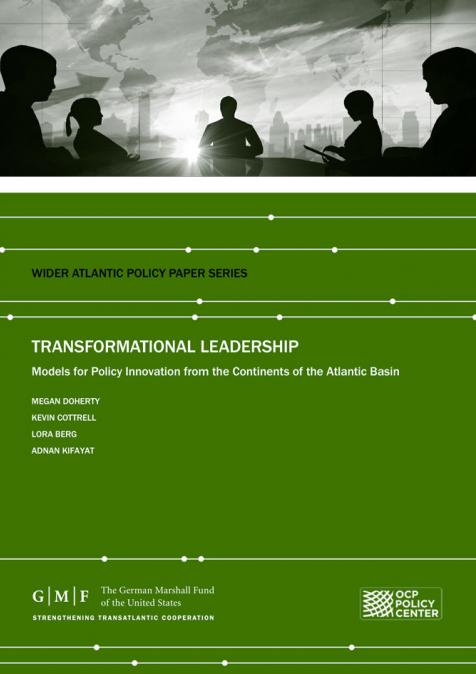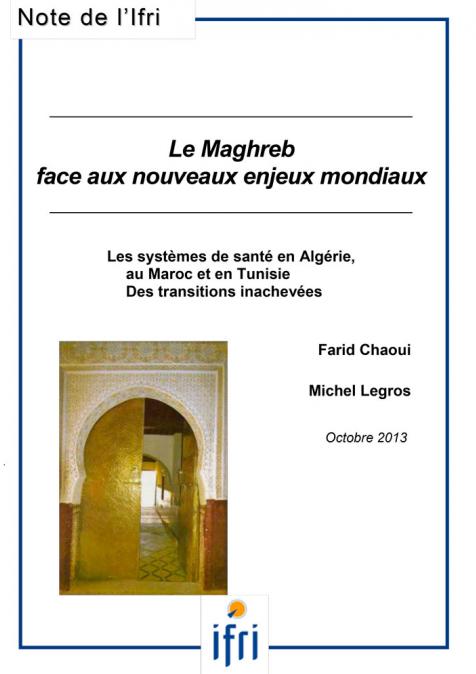Les Mardis du PCNS 12/10/2021: انتظارات المجتمع المدني من البرنامج الحكومي بعد انتخابات 2021
يخصص مركز السياسات من أجل الجنوب الجديد حلقة برنامجه الأسبوعي "حديث الثلاثاء" لانتظارات المجتمع المدني من البرنامج الحكومي بعد انتخابات 2021 رفقة أيوب تواتي، فاعل في المجتمع المدني. قدم دستور 2011 إطارا متقدما للنهوض بالمجتمع المدني وتعزيز أدواره الدستورية، كما أفسح مساحات واسعة لاشتغال المؤسسة التنفيذية والمؤسسة التشريعية، وأولى كذلك أهمية كبيرة لحق المواطنين والمواطنات في الحصول على المعلومة وربط بين المسؤولية والمحاسبة وهو ما يقتضي تعزيز التعاون بين كل هاته المكونات لترسيخ الديمقراطية التشاركية عن طريق تفعيل دور المجتمع المدني في الحياة المؤسساتية داخل الدولة. تتابع جمعيات المجتمع المدني العملية الانتخابية وإعداد البرنامج الحكومي بشدة من خلال انشغالاتها بهذا السياق نظرا لدورها كفاعل اساسي في الفعل العمومي من خلال مجموعة من الآليات التشاركية. ما هي انتظارات المجتمع المدني للاستجابة إلى المطالب الاجتماعية والاقتصادية والسياسية والثقافية إلخ.؟ كيف يمكن للفاعل العمومي مواكبة هذه الجمعيات والمنظمات وتوفير فضاءات الحوار والنقاش واشراكها في صناعة القرار العمومي حتى تقوم بأدوارها للمساهمة الفعالة في الترافع المدني وفي عملية صنع القرار وتوفير الظروف المناسبة لاطلاعها بهذه الأدوار كما يجب؟ تشكل مسألة الحكامة المؤسساتية موضوع وعي جماعي تتقاسمه السلطات العمومية ومنتخبو الجماعات الترابية ومختلف آليات الوساطة التي تمثل الفاعلين السياسيين، المدنيين والنقابيين والمواطنين. وتنبع أهمية هذا الجانب من كونه يؤثر على الثقة والمصداقية والمكانة الاعتبارية التي تحظى بها مختلف المؤسسات الدستورية للدولة لدى المواطنين والمواطنات، سيما في الوقت الراهن، الذي يشهد تنامي التوترات الاجتماعية ومظاهر الاستياء. كيف يمكن للمجتمع المدني نفسه ان يساهم في تعزيز ثقة المواطنين في الفعل العمومي وتملكهم للرهانات المرتبطة به؟ رجوعا إلى توصيات الحوار الوطني حول المجتمع المدني والأدوار الدستورية الجديدة وذلك بهدف تطوير منظومة الشراكة بين الدولة والجمعيات والتوفر على المعطيات والأدوات والاليات التي ستمكن من تتبع وتقييم السياسة الحكومية. اي تقييم لهاته الشراكة؟ كيف يمكن تثمين عمل هذه الحركة الجمعوية بهدف تعميمها وتطويرها؟











